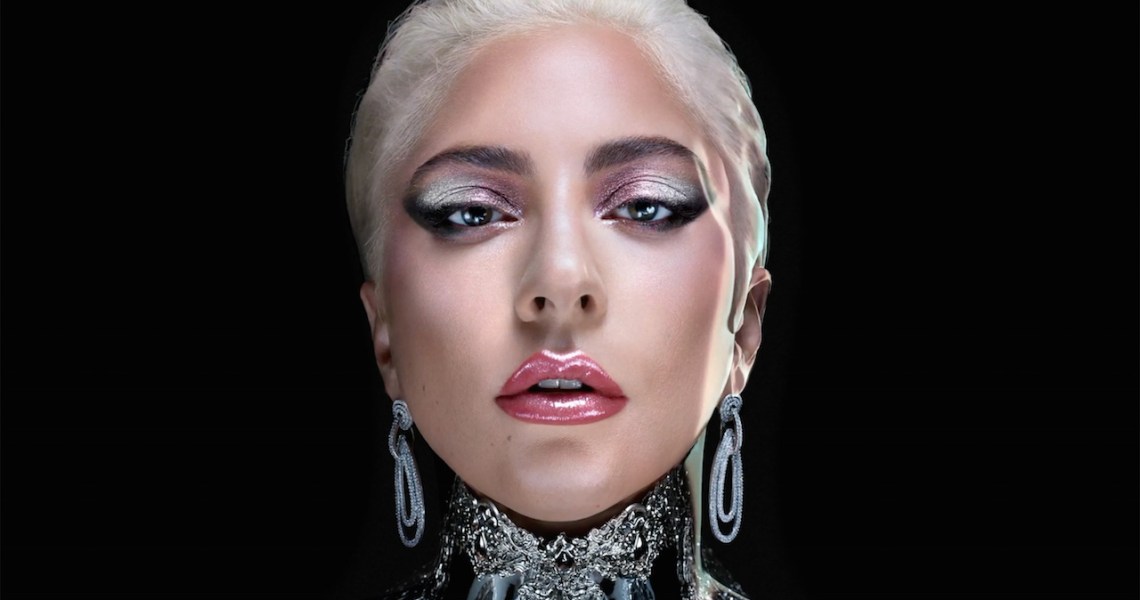On Tuesday, Lady Gaga announced that her upcoming cosmetics line, Haus Laboratories, will be exclusively distributed through Amazon, providing a boon to the retail platform in its beauty division.
Amazon has been making moves to stake a claim in the beauty industry for some time. In 2013, it launched its Luxury Beauty Store for premium brands like Buxom and Sunday Riley, and last year, it opened its Indie Beauty Shop , featuring brands that are at least 50% independently owned and not distributed through competitors like Ulta, Target or Walmart. Most recently, in June, it expanded into the prestige and salon segment with its Professional Beauty Store. Besides these dedicated pavilions, Amazon has been focusing its efforts on both building private-label lines and courting exclusives. In January, Amazon launched Find, a private-label makeup line in Europe, and it debuted its skin-care brand, Belei, in the U.S. in March. Exclusive brands like Fast Beauty Co. and 3INA followed.
“We know that many customers look to Amazon to discover and shop for beauty products, and we continue exploring ways to bring them a wide range of selections that we think they’ll love, whether that’s from small businesses, name brands, exclusive offerings or private label,” said an Amazon spokesperson.
For its part, Fast Beauty Co. signed up as an exclusive beauty brand through Amazon’s accelerator, which launched in October 2018. The brand directly contacted Amazon after seeing a CNBC story about the accelerator because it wanted the ability to sell its individual face masks with free shipping, said Phyllis Silverman, head of product development. For accelerator brands, Amazon takes on the role of a retailer versus a marketplace by purchasing products the way any other wholesale retailer would and is currently making purchase orders from Fast Beauty Co. almost every Sunday, said Silverman.
“As far as growth goes, they are very eager for new [products],” said Silverman. “They see brands that have more SKUs as being more valuable. They think their customers are more responsive when they see a brand has more.”
Amazon is already a premier destination for cosmetic products, making its aggressive play all the more logical. In 2016, A.T. Kearney surveyed American women who shop online for beauty products and found that 69% searched for and purchased beauty and personal products on Amazon, beating out both Sephora and Ulta. In fact, according to Deutsche Bank, Amazon now has a 94% product overlap with Ulta’s best-sellers. Now that Amazon has been able to replicate Ulta’s (and many other retailers’) assortment, the marketplace is taking it a step further by deploying exclusives, which is a powerful tool for retailers to solidify their credibility. That’s where the halo effect of celebrity brands like Lady Gaga’s can help — by boosting Amazon as a destination versus a replenishment service. Fenty Beauty has had that effect on Sephora, as has Kylie Cosmetics for Ulta.
“We have increasingly seen Amazon trying to work with celebrities with established brands and followings lately,” said Justin Smith, founder of Amazon analyst company TJI Research, citing interior designer Jonathan Adler‘s Amazon-exclusive home decor line. “It shows some of the biggest celebrities are choosing to monetize their brands and images through Amazon.”
Ad position: web_incontent_pos1
But Smith cautioned that it is still early stages for Amazon when it comes to the beauty category. “Beauty does appear to be a category of significant interest to Amazon,” he said. “If [Haus Laboraties] is successful, it will show there are more reasons for some of the world’s largest celebrities to work with them.”




